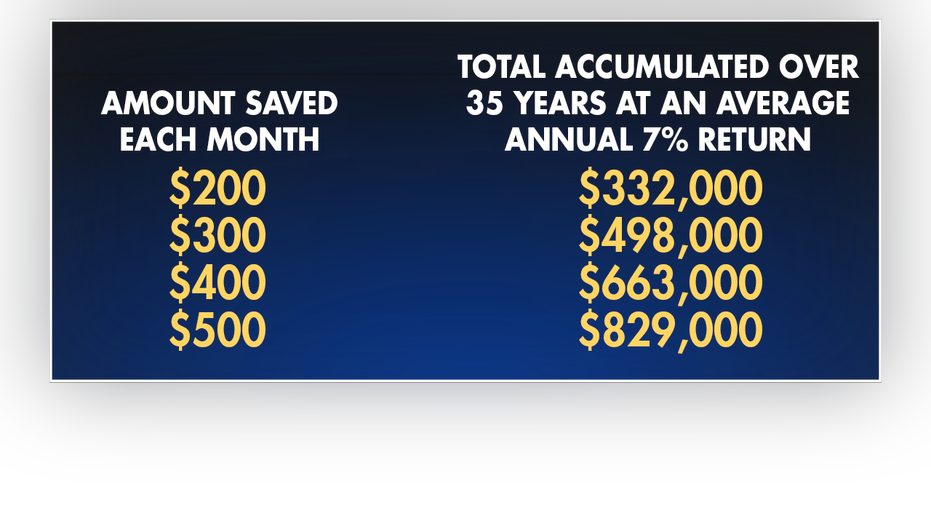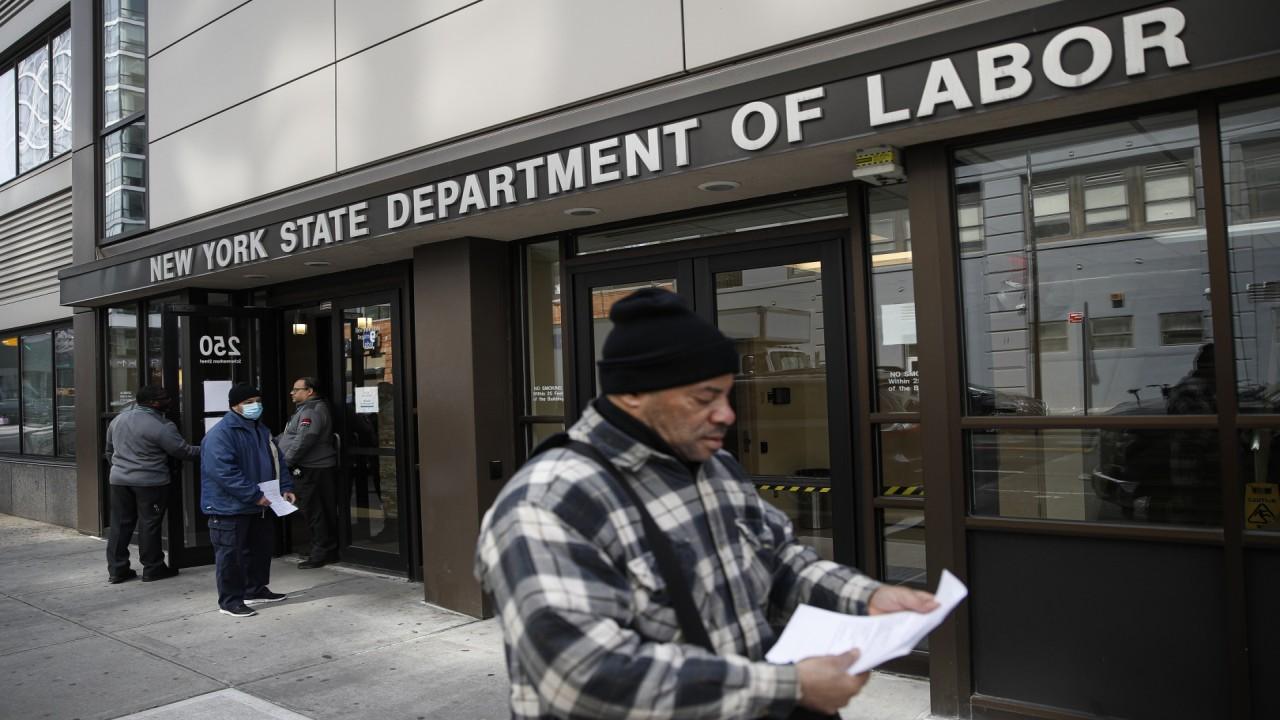Social Security benefit cuts may be coming, but here's why they may not hurt you
Social security is expected to exhaust by 2035, according to a Trustees Report
Get all the latest news on coronavirus and more delivered daily to your inbox. Sign up here.
There's been talk for years that Social Security is at risk of running out of money, and the most recent Trustees Report confirms that. Released in late April, the report states that come 2035, Social Security is expected to exhaust its combined trust funds, leaving the program with no excess cash reserves to dip into. At that point, current and future beneficiaries alike risk a 21% reduction in their scheduled benefits.
SOCIAL SECURITY CHANGES IN 2020
Clearly, that's not good news at all -- especially for those people who are already on Social Security, and who rely heavily on those benefits to make ends meet. But if you're years away from retirement, you can take action so that a future reduction in benefits doesn't end up hurting you as a senior.
Take savings matters into your own hands

(iStock)
You may be counting on Social Security to provide the bulk of your retirement income. But benefit cuts aside, that's not something you should be doing.
HOW CORONAVIRUS COULD DAMAGE SOCIAL SECURITY
Even if benefits aren't reduced, Social Security will only replace about 40% of your pre-retirement income if you're an average earner. Most seniors, however, need roughly twice that amount to keep up with their bills and maintain a comfortable lifestyle.
Where will that money come from? If you have a pension, that's one source of income to look forward to. If you're planning to work part-time in retirement, that's another. But a good bet is to rely heavily on the savings you build by funding a 401(k) or IRA while you're still actively part of the workforce.
CAN SOCIAL SECURITY BENEFITS BE GARNISHED FOR DEBT?
Currently, you can contribute up to $19,500 to a 401(k) if you're under the age of 50, or $26,000 if you're 50 or older. IRA contribution limits are much lower -- $6,000 for workers under 50, and $7,000 for those 50 and over. Maxing out an IRA is far more doable than maxing out a 401(k), but the reality is that you don't necessarily have to hit the annual limit on either account type to amass a meaningful amount of wealth in time for retirement. You just need to save consistently for the bulk of your career, and invest the money in your 401(k) or IRA wisely.
Imagine you have 35 years until you're set to retire. Here's what your savings balance might grow to depending on your monthly retirement plan contribution, assuming a 7% average annual return on investment (which is actually a few percentage points below the stock market's average):

Table and calculations by Motley Fool author
GET FOX BUSINESS ON THE GO BY CLICKING HERE
Of course, these numbers will look very different if your savings window is longer or shorter, or if you play it safer with your retirement plan investments and don't manage to generate the same returns. The point, however, is that if you save consistently and invest wisely, you may land in a position where you don't have to rely so much on Social Security in retirement, and as such, don't have to worry as much about a reduction in benefits.
One final thing: That reduction in benefits isn't set in stone. Lawmakers are invested in avoiding that scenario, largely because it would likely plunge many current retirees into poverty, and so there's a good chance Congress will intervene and prevent benefit cuts from happening in 15 years. But it certainly never hurts to have your own backup plan.
The $16,728 Social Security bonus most retirees completely overlook

(iStock)
CLICK HERE TO READ MORE ON FOX BUSINESS
If you're like most Americans, you're a few years (or more) behind on your retirement savings. But a handful of little-known "Social Security secrets" could help ensure a boost in your retirement income. For example: one easy trick could pay you as much as $16,728 more... each year! Once you learn how to maximize your Social Security benefits, we think you could retire confidently with the peace of mind we're all after. Simply click here to discover how to learn more about these strategies.




















